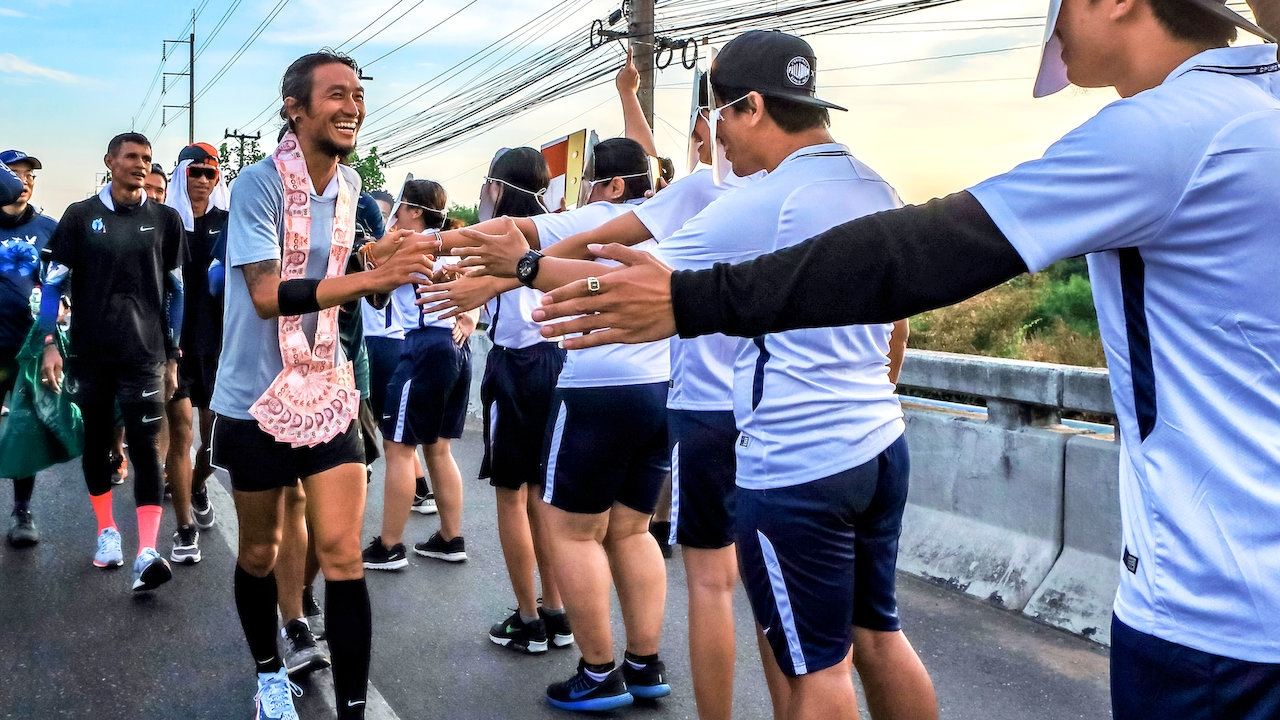
2,215 (2018)
Thai singer Artiwara Kongmalai organises a 2215 kilometre marathon to raise money for much-needed hospital equipment, an event which takes 55 days.

Thai singer Artiwara Kongmalai organises a 2215 kilometre marathon to raise money for much-needed hospital equipment, an event which takes 55 days.
 Artiwara KongmalaiSelf
Artiwara KongmalaiSelf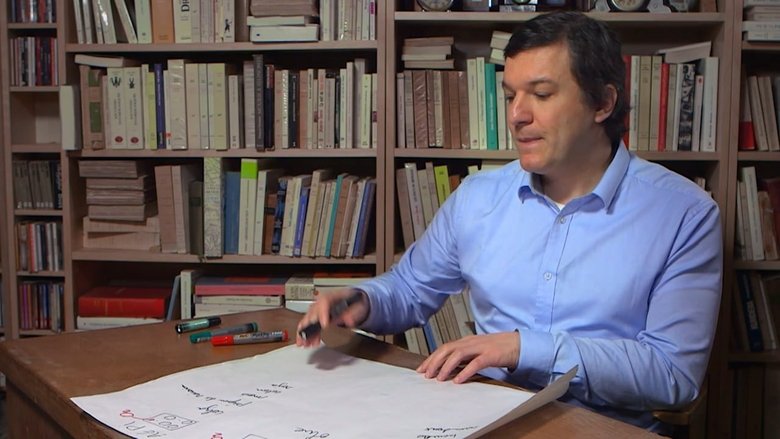
The link between heart disease and blood cholesterol is a medical dogma that has existed for the past fifty years and has led to the development of a billion-dollar, low-fat, food industry, as well as to statins, a drug that lower “bad cholesterol” levels, so it has became one of the most prescribed medicines in the world. But more and more researchers are openly questioning the mainstream opinions on cholesterol…
‘Voices from the Shadows’ shows the brave and sometimes heartrending stories of five ME patients and their carers, along with input from Dr Nigel Speight, Prof Leonard Jason and Prof Malcolm Hooper. These were filmed and edited between 2009 and 2011, by the brother and mother of an ME patient in the UK. It shows the devastating consequences that occur when patients are disbelieved and the illness is misunderstood. Severe and lasting relapse occurs when patients are given inappropriate psychological or behavioural management: management that ignores the severe amplification of symptoms that can be caused by increased physical or mental activity or exposure to stimuli, and by further infections. A belief in behavioural and psychological causes, particularly when ME becomes very severe and chronic, following mismanagement, is still taught to medical students and healthcare professionals in the UK. As a consequence, situations similar to those shown in the film continue to occur.

Inside the dramatic search for a cure to ME/CFS (Myalgic Encephalomyelitis/Chronic Fatigue Syndrome). 17 million people around the world suffer from what ME/CFS has been known as a mystery illness, delegated to the psychological realm, until now. A scientist in the only neuro immune institute in the world may have come up with the answer. An important human drama, plays out on the quest for the truth.
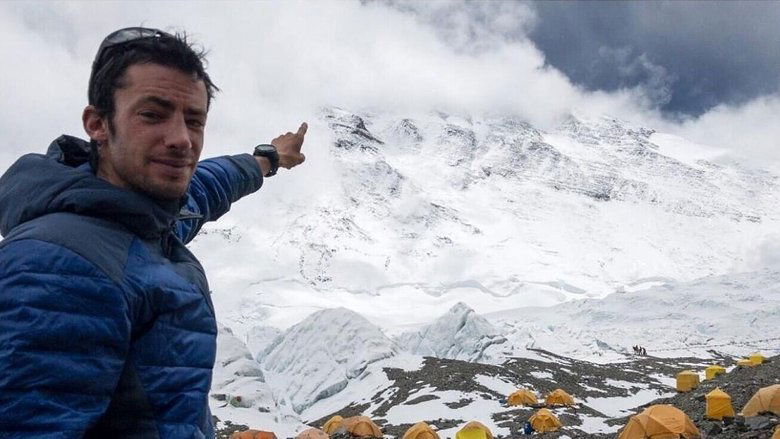
Surrounded by the mountains and people who are his inspiration, in ‘Path to Everest’, the mountain athlete Kilian Jornet reveals his most intimate fears, contradictions and passions. Summits of My Life is the personal project of Kilian Jornet, in which for five years he has traveled to some of the most important peaks of the planet to try to establish FKT (fastest known time) of ascent and descent of some of the most emblematic mountains of the world. The project is closely linked to values and a way of understanding the purist and minimalist mountain. The experiences lived in each challenge have been captured in different films.
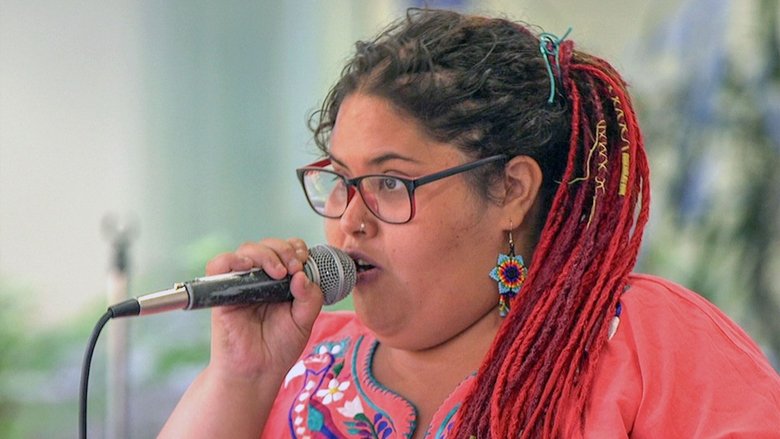
As obesity progresses inexorably, Sylvie Gilman and Thierry de Lestrade investigate the causes of this planetary plague and reveal the fight waged in certain countries to stem it.
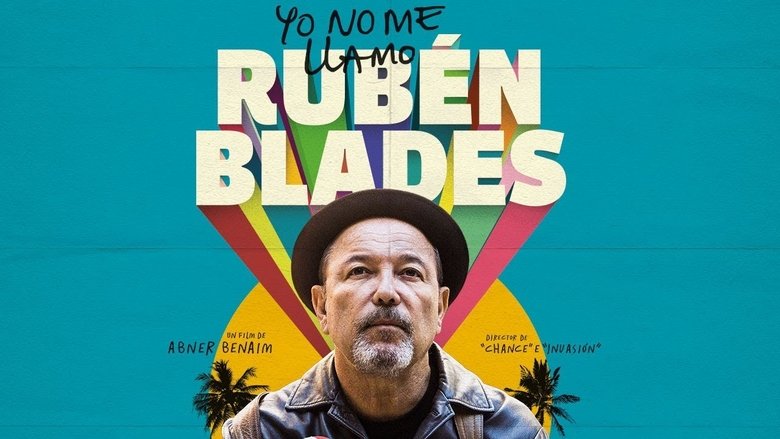
The story of one of Latin America's most beloved singer-songwriters in a journey across his 50-year career. In an intimate way, the film gives us a chance to get to know the artist, his music, and the stories behind them.
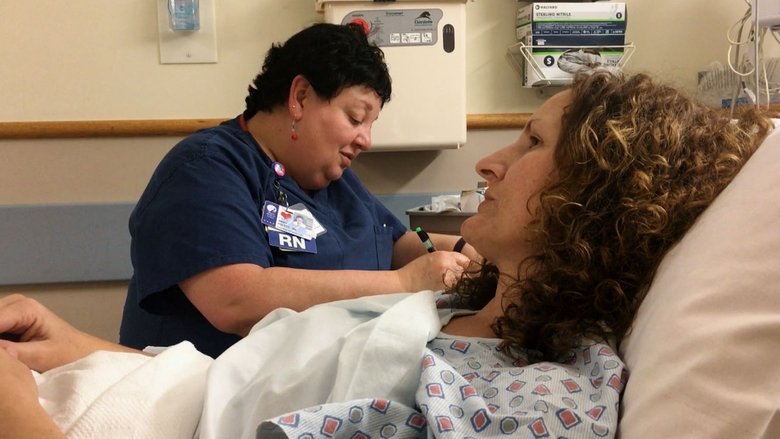
Each year in the United States, unparalleled innovations in medical diagnostics, treatment, and technology hit the market. But when the same devices designed to save patients end up harming them, who is accountable?
Days of Madness portray an incredible odyssey of two mentally diverse and unjustly rejected people who are learning to accept it, faced with the blindness of the society and the health system that made them addicts.
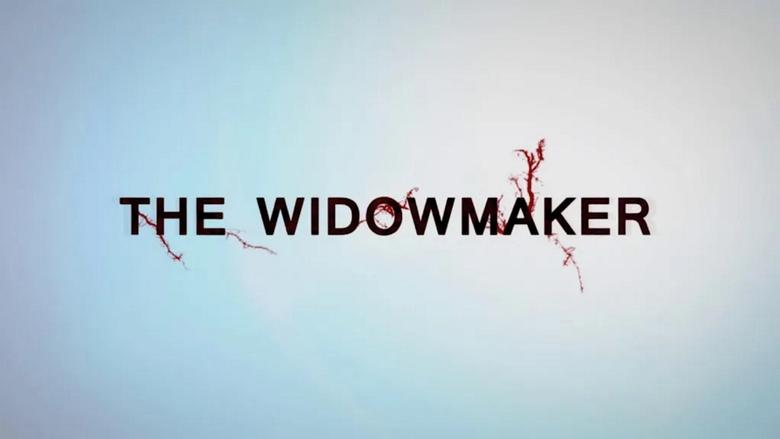
Every minute of every year an American drops dead of a heart attack, hundreds of thousands without any warning or prior symptom. But these people could have been saved. The Widowmaker uncovers a chilling tale of greed, ego, and a conspiracy of silence around that most vulnerable of human organs - the heart.
A Rooster Teeth documentary by Mat Hames following podcaster Nick Scarpino as he works to reinvent himself as a standup comedian working comedy clubs in San Francisco.
Joseph Smith: The Man, The Mission, The Message honors the prophet of the Restoration. Get to know Brother Joseph in this stunning documentary that portrays a multidimensional man: his upbringing, his charismatic personality, his devotion to family, his humor, his leadership, and his dedication to his mission and to God's message--even unto martyrdom. Walk where Joseph walked with enlightening video shot on location in Vermont and Palmyra, Kirtland and Carthage, and the places in between. This DVD illuminates lesser-known details of Joseph's life and places them into the context of the time to tell of this American prophet's successes, tragedies, and triumphs.
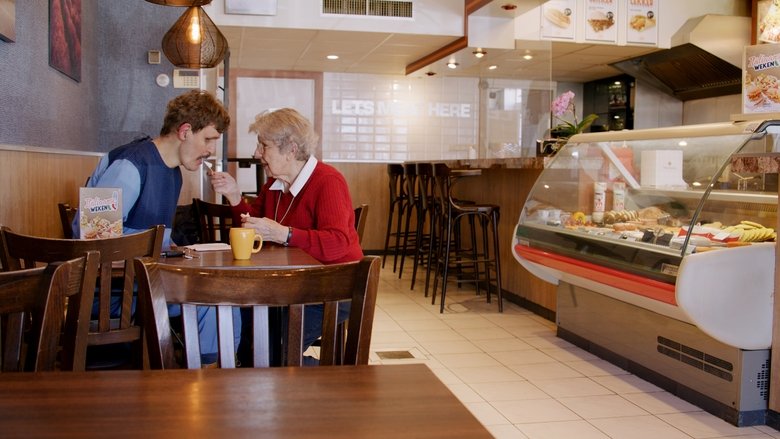
“Job is 2 meters tall and has been my baby for 58 years. I will continue to care for him as long as I can,” says 91-year-old Tineke about her severely disabled adult son. But how long can she keep that up and who needs who: Job Tineke or Tineke Job? A documentary about the limits of motherhood.
The Run is a feature length documentary film which follows Australian Pat Farmer’s test of human spirit and behind the scenes drama as he runs the length of India – 80 kilometres a day for 64 days with the backdrop of colourful, enchanting, challenging, organized chaos of India, which will saturate your senses.
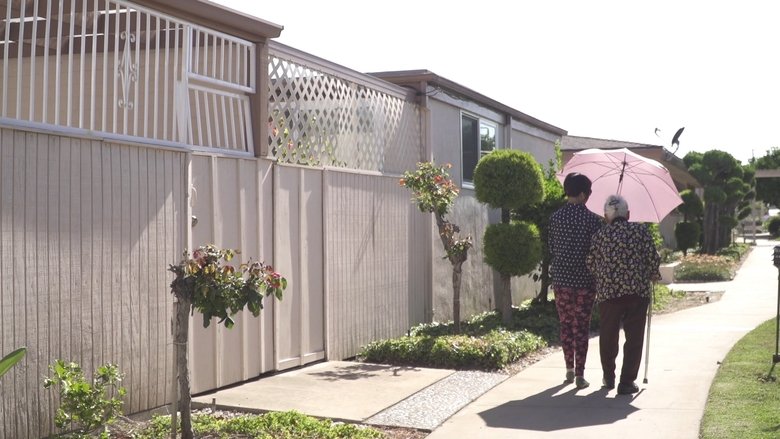
Nai Nai follows the story of a Chinese immigrant grandmother, Chu-Ming Wu. Known as “Nai Nai,” Chu-Ming has always been a woman of control. But her grasp of reality and the control of her own mind is slipping away. Told through the lens of her grandson, the film focuses on the joyful, heartbreaking and intimate moments in the last chapters of her life.
An interview of Tomás Milián discussing his performance in Umberto Lenzi's Almost Human.
Director Umberto Lenzi, writer Ernesto Gastaldi and stars Ray Lovelock & Gino Santercole discuss the making of Lenzi's Almost Human.
An interview of Umberto Lenzi discussing the making of his film Almost Human.
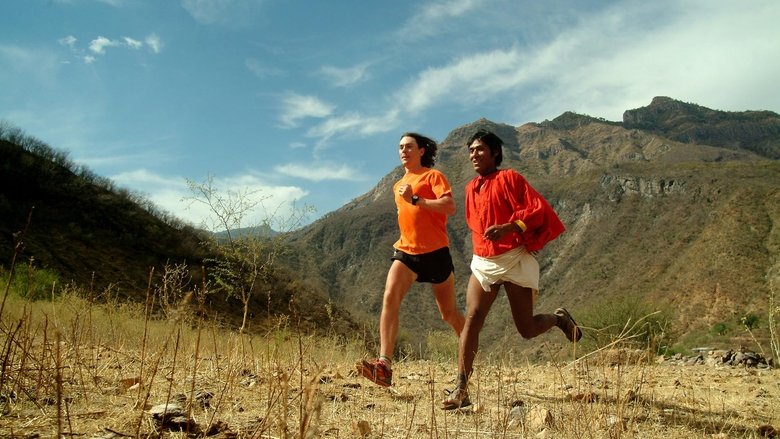
American ultra running legend Micah True (Caballo Blanco, or the White Horse) lived and ran with the Tarahumara Indians in Northern Mexico. The Tarahumara (also known as the Rarámuri or the Running People) are some of the best long distance runners in the world. This award-winning feature-length documentary chronicles Micah's quest to promote and preserve Tarahumara running tradition by creating a 50-mile foot race known as the Copper Canyon Ultra Marathon, which was portrayed in Christopher McDougall’s best-selling book "Born to Run – A Hidden Tribe, Super Athletes and the Greatest Race the World Has Never Seen".
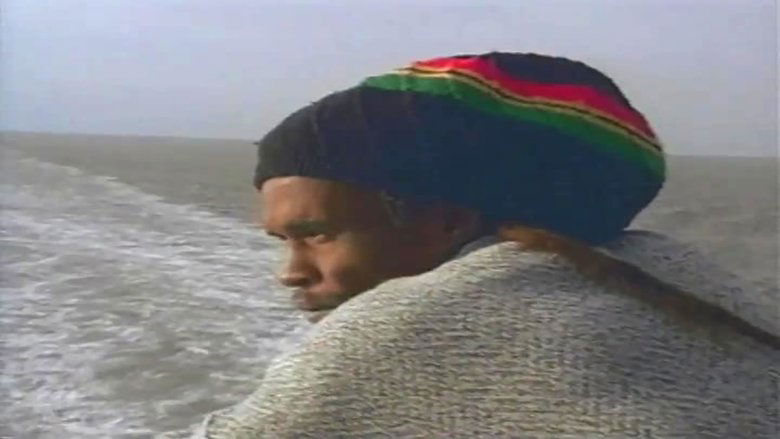
Brother Howie is a Jamaican Rastifari who dreams of the land of his ancestors: Africa. On a journey in search of his roots and his identity he travels through three continents and (with great humor and sensitivity) discovers the world and Africa.